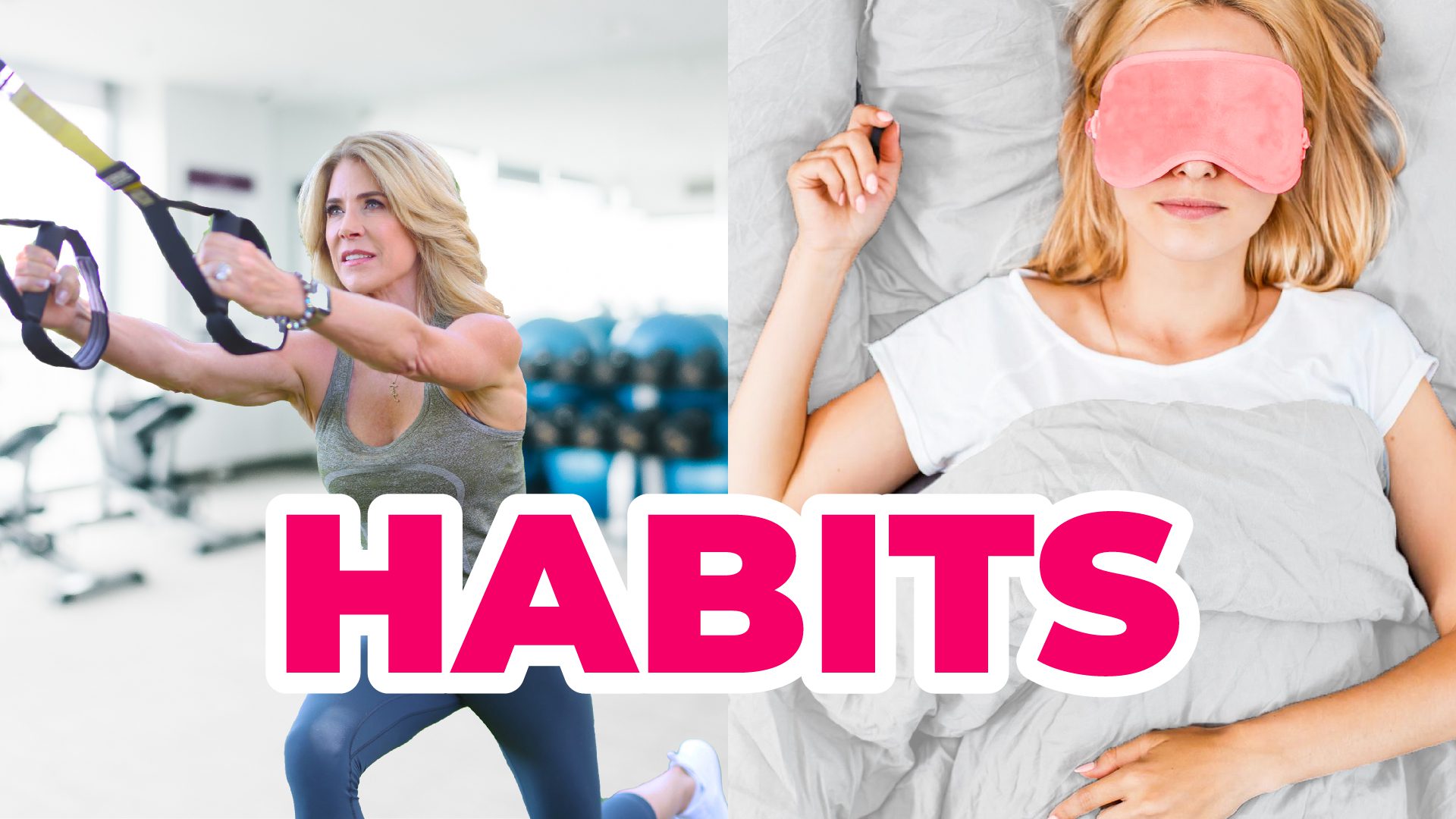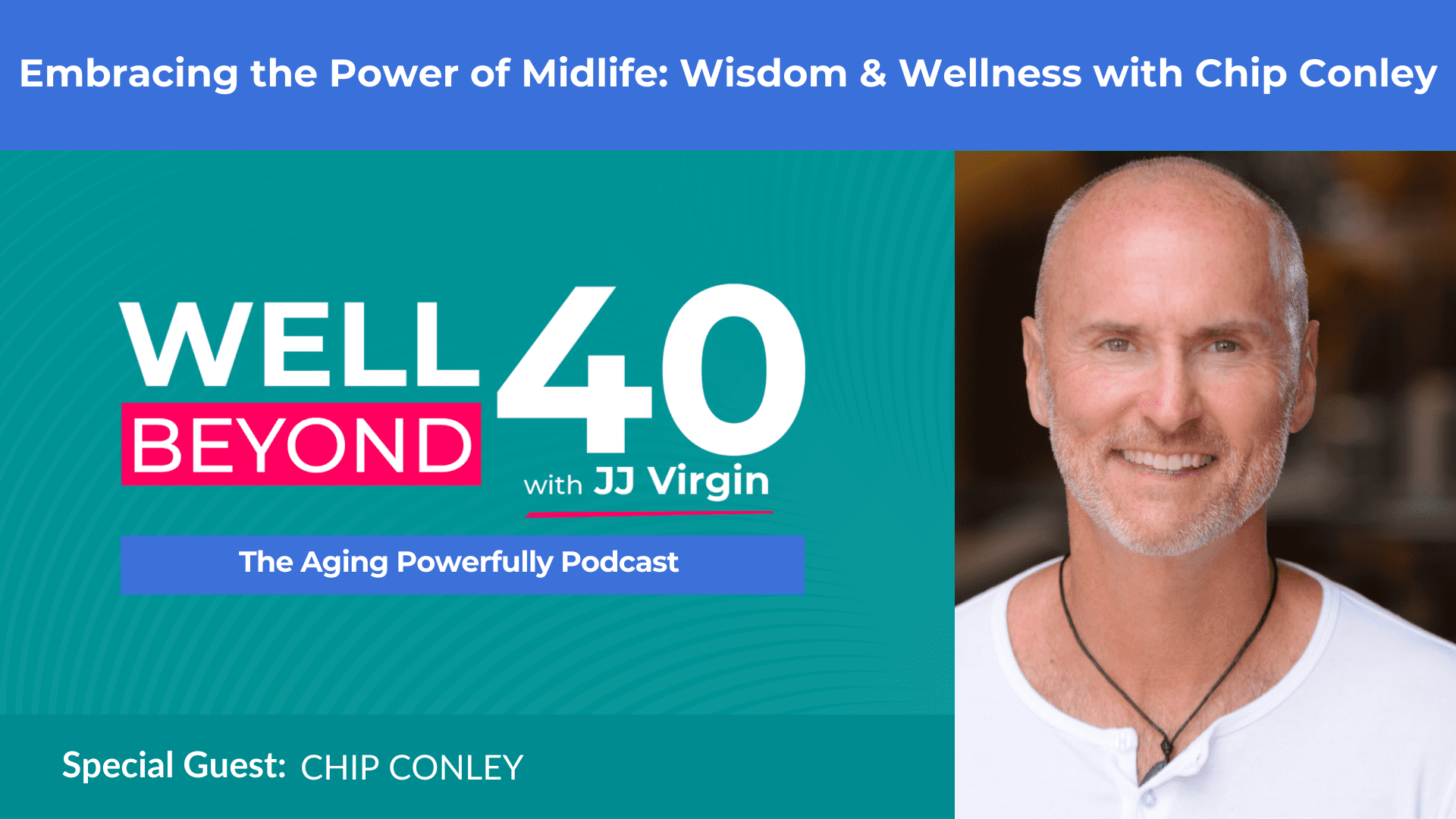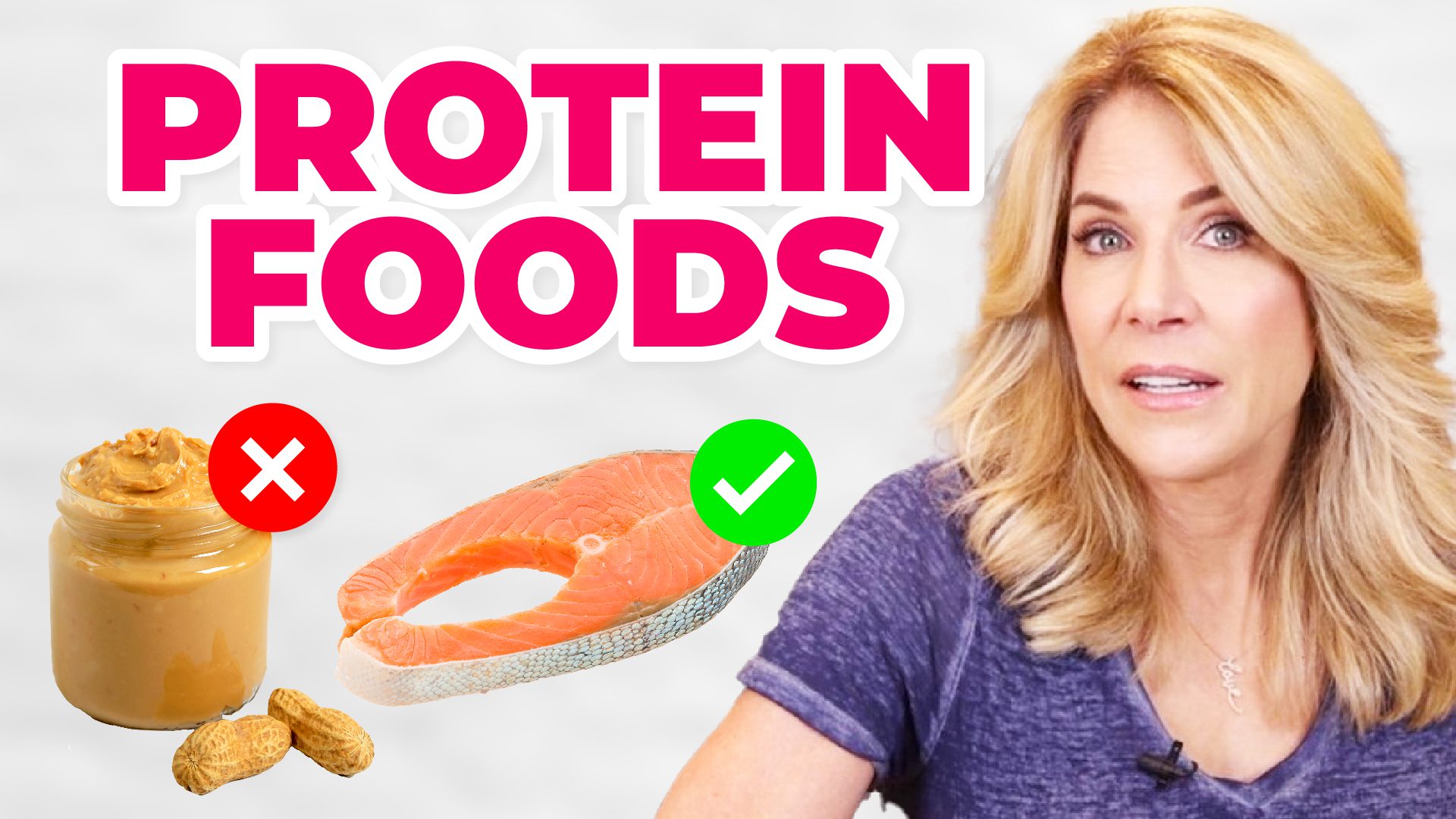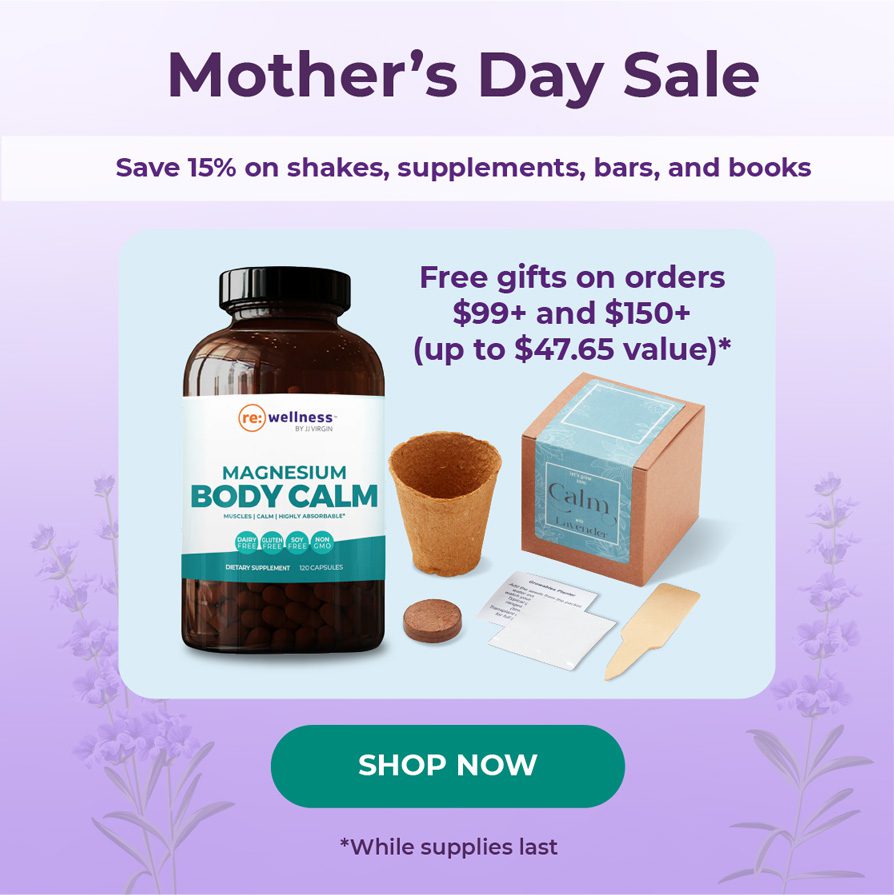Empowering Strategies to Conquer Hunger
Are you tired of battling different types of hunger that sabotage your health goals? Join me on this eye-opening journey as we uncover the four key types of hunger: homeostatic, emotional, environmental, and hormonal.
When it comes to eating, I advocate for the plate method, with a strong emphasis on eating protein first. Protein is not only satiating but also aids in blood-sugar balance and curbing hunger. Pairing protein with fiber-rich, non-starchy vegetables, fruits, and slow low carbs like lentils and wild rice can keep you feeling satisfied for longer. Additionally, incorporating healthy fats from sources such as extra-virgin olive oil and wild salmon can help suppress hunger by triggering the release of gut neuropeptides.
Hydration is also a key aspect of managing hunger. I stress the importance of consuming plenty of fluids, including water, green tea, and black coffee. By addressing hormonal eating patterns, such as stress eating and PMS-related cravings, we can better understand the triggers and find healthier alternatives. I recommend my comprehensive Virgin Diet to identify food intolerances and address leaky gut, which can lead to inflammation, joint pain, and cravings for unhealthy foods.
Breaking the cycle of habitual hunger involves replacing routines with non-food activities while avoiding the allure of hedonic hunger caused by ultra-processed foods. Retraining your taste buds to appreciate natural sweetness and steering clear of ultra-processed temptations are essential steps in overcoming constant cravings and sugar addiction. By stabilizing blood-sugar levels, you can effectively halt any unintentional setbacks on your path to optimal health.
Together, let's conquer these hunger types, rewire your taste preferences, and make effective strides toward achieving your health goals.
Timestamps
0:01:20 – Discussion of the four different types of hunger
0:01:37 – Tips for managing homeostatic hunger
0:01:48 – The importance of protein in curbing hunger
0:02:12 – Clean protein sources
0:02:48 – Recommended daily protein intake
0:03:06 – The importance of fiber in curbing hunger
0:03:12 – Sources of fiber
0:03:22 – Recommended daily fiber intake
0:03:40 – The importance of healthy fats in curbing hunger
0:03:43 – Sources of healthy fats
0:04:10 – Impact of hydration on appetite
0:04:24 – Recommendations for fluid intake
0:05:18 – The importance of tracking macros
0:05:56 – Overview of hormonal eating
0:06:08 – Effects of stress on serotonin and dopamine levels
0:06:28 – Gut health and cravings
0:07:41 – The importance of managing stress for weight loss
0:07:48 – The impact of meditation on weight loss and body composition
0:08:54 – Monitoring HRV to manage stress
0:10:07 – Tips for managing stress and supporting the nervous system
0:10:50 – Recommended supplements for stress support
0:11:52 – The importance of pantothenic acid in supporting the adrenal glands
0:12:15 – The impact of habitual hunger and how to break the routine
0:14:10 – Hedonic hunger and the importance of keeping trigger foods out of the house
0:14:36 – The impact of ultra-processed foods on hedonic hunger
0:15:55 – The Sugar Impact Diet for those struggling with a sweet tooth
0:16:43 – Retraining taste buds to want sour and savory
0:16:54 – Signs of sugar addiction
0:17:10 – Check out the next video and get a handle on suga
Resources Mentioned in this episode
Watch the FULL VIDEO on JJ’s Youtube Channel
Carbon app for tracking macros
Sparkling C Powder for Vitamin C
Read my book Sugar Impact Diet
Dr. Joe Dispenza’s meditations
Learn how to build the perfect plate
ATHE_Transcript_Ep 566_STOP Overeating: 4 Different Types of Hunger & How To Fix Each One
JJ Virgin: [00:00:00] I am JJ Virgin, PhD Dropout. Sorry, mom, turn four time New York Times bestselling author. Yes, I'm a certified nutrition specialist, fitness Hall of Famer, and I speak at health conferences and trainings around the globe. But I'm driven by my insatiable curiosity and love of science to keep asking questions, digging for answers, and sharing the information I uncover with as many people as I can, and that's why I created the Well Beyond 40 podcast.
To synthesize and simplify the science of health into actionable strategies to help you thrive. In each episode we'll talk about what's working in the world of wellness, from personalized nutrition and healing your metabolism to healthy aging and prescriptive fitness. Join me on the journey to better health so you can love how you look and feel right now and have the energy to play full out at 100.[00:01:00]
All hunger is not created equal. If you feel like you are hungrier than you should be, or that your inability to manage your hunger is sabotaging your healthy eating goals, the first step is to figure out which type of hunger you're struggling with so you can put the right strategies in place to get a rain on it.
There are four different types that I'm gonna go through. The first one, It's homeostatic. That's normal hunger. Now let's talk about how you can get a rain on this if you feel like you are hungrier than you should be. So the first thing is you want to eat by the plate. Now my mantra is protein first. The reason being is protein is super satiating.
Have you ever noticed when you ate big steak or a lot of Turkey and you're like, whoa. I feel full. Yes, that's cuz protein takes longer to digest and it's also more thermic too. So bonus points for that. That means it needs more calories to break it down and it also helps with blood sugar balance and that can help with hunger as well.
But here's the thing. When you put protein with fiber, it's like the [00:02:00] one two punch for helping with hunger because protein plus fiber slows down stomach emptying, and that helps you feel fuller. Longer clean protein sources are grass-fed and finished beef. Game Lamb, pastured chicken and pork, wild seafood and fish.
And if you're not dairy intolerant way, Greek style yogurt, if you can handle eggs, if you're not intolerant to them, pastured eggs. And by the way, how do you find that out? You do the virgin diet that'll help you figure out which foods work for you and which foods don't. And if you have leaky gut and food intolerance.
And some of the vegan sources would be like a pea protein powder. And of course collagen can help here too. It's not a complete protein, but it can help. So those are the protein sources you're gonna want to eat 0.7 to one gram per pound of body weight divided in your three meals throughout the day, at least 30 grams at a meal.
So 30 to 50 grams at a meal. 100 grams is kind of your bare minimum for the day. Divide it into those three meals and make sure you get at least [00:03:00] 30 grams. So that's the first part. Now building the plate again. The next part is fiber. That's gonna come from non-starchy vegetables, fruit, and a little bit of what I call slow low carbs.
Things like lentils, wild rice, winter squashes, potatoes, little bits of those. Now you wanna strive for getting. Minimally 35 grams of fiber a day. I want you up though. I'd really love to see you at 50 grams or higher because again, it's that fiber and protein together that keeps graylin, the hunger hormones suppressed.
You'll feel fuller, longer. You won't be hungry. Now, next up is fat. You're building your plate with that clean protein with the non-starchy vegetables. With a little bit of slow low carbs, maybe some berries, and then you're gonna get some healthy fats. Maybe you put some extra virgin olive oil on your salad.
Maybe you had some fat in your wild salmon. But why fat is important is fat does a little release of some neuro peptides in your gut that tell your brain that you are full. This is what you're seeing when you hear about some of these drugs, like ozempic and semaglutide [00:04:00] types of drugs. They are working in the gut.
Those peptides tell your brain you're full. So fat can do that as well. The other important thing here are fluids. We have a really good appetite, right? Like that's generally overactive and nothing on the thirst. By the time you're thirsty, you're way past that point. So you wanna make sure that you are drinking a lot of water.
Basically you wanna drink at least half your weight in ounces a day, and that can be water, that can be green tea, it can be some black coffee earlier in the day. Sparkling water. You wanna make sure it all counts, but you wanna make sure you're getting that fluid in. Not only does drinking water boost your metabolism transiently.
So if you drink water for about the next 30 minutes, you got about a 30% rise in your metabolism. But being well hydrated is critical. For your body composition. It turns out that even mild dehydration raises stress hormones, and it also causes your body to convert glucose into fructose and store it as fat.
That is wild and crazy, but we know that fiber plus fluid. [00:05:00] Also can help you feel fuller longer. So when you eat by the plate, that protein, fat and fiber trifecta for good blood sugar, balance for good satiety, and then you add the water, add the fluid, that's gonna help with your appetite as well. That can help a ton To ensure that you're doing this correctly, I highly recommend tracking.
Your macros because we tend to underestimate what we're eating. And so you might think that you're eating a little bit, but the reality is you're probably eating more than you think. So let's make sure you're eating enough of the right things and not too much of other things that could cause issues. So macro tracking can be great.
The app I really love is one called The Carbon App. You can find it on the app store. I find it super easy to use. So that's the first part, and that's probably not the one that's creating the havoc for you, but I wanna make sure that that one's not the issue. And that's such a quick fix by just eating by the plate and making sure you're doing the protein, fat, and fiber.
The next one is a whole different story, and that is hormonal eating. And that is that stress eating. If you're a [00:06:00] cycling female, that's that PMs eating. And here's what happens when you've got stress eating. If you're under stress, stress can then lower serotonin and dopamine. When your serotonin goes low, your body goes, oh, I want sugar, I want carbs, so that you can trigger the release, the creation of serotonin.
It will also make you hungrier. It'll drop your dopamine, which in turn will make you hungrier as well, and seek rewards. When your serotonin and dopamine go low, it's gonna make you crave sugar. It's gonna make you crave eating and craving food rewards The other thing that it does is stress can make your gut leaky.
And what happens when your gut gets leaky is our small intestine is these tight junctions and stress loosens the tight junctions and right below the tight junctions, that one layer is your immune system. When you're stressed, your stomach acid tends to get lower. You don't break up your food as well as you could.
You're not digesting it as well as you could. And then it gets to the small intestine. Now you've got those tight junctions, loosened food particles go down, hit your [00:07:00] immune system. Your immune system goes, what on earth is this doing here? And it launches an immune attack against them. It creates these antibodies to grab ahold of the antigens from the protein and they.
Go out as immune complexes and they start to wreak havoc. They create inflammation, they create joint pain, they create headaches. But one of the things they start to do too is create the cravings for the very foods that are hurting you because those antibodies start hanging around asking for more. So here's what's really interesting with this.
Couple years ago, I started going to Dr. Joe Dispenza retreats. And about six months in, I noticed that my weight had dropped like five pounds. I hadn't changed anything. I keep things very, very similar all the time. Same exercise, same sleep, same diet. Only thing that I'd done is started to meditate.
Basically sitting with my eyes closed for 30 to 45 minutes and I lose five pounds. I knew how this had happened, but still it's very intriguing that you're moving less and losing more. Right? And it was a [00:08:00] good shift in body composition. I didn't lose muscle and I was telling Dr. Joe about this at a dinner, and Dr. Joe always says, you know, when you meditate you wanna become no one, no where, no thing. And when I told him this, he goes, yeah, that's the no thing diet, but it just shows you how when you are. Doing things that help with stress, what they can do for your body. Because again, what's gonna happen is it's gonna help heal your leaky gut.
It's gonna help get you out of a catabolic state. You can't build muscle if you're in a catabolic state. By the way, if you're under stress, you are going to start breaking down muscle. You're gonna start liberating sugar outta your muscle, so you can now run from the tigers who puts you in a very catabolic state, and it also makes you start to crave.
Sugar. So it's hard for you to build muscle. You're craving more sugar if you are under stress, which the best way to tell if you're under stress is to do something called an adrenal salivary index test. At the very least though, what you can do is track your H R V. That's your heart rate variability, and the more variable the better.
And so you just start to track it every [00:09:00] day and you'll start to see, oh, when I don't get a good night's sleep, what happens to my HRV? Oh, when I look. To email late at night when I was stressed out about this. And so start to monitor that cuz again, what you measure and monitor you can improve and start to look at the things that can help adaptogens.
I have a specific supplement I'll talk about in a moment that can help here. Meditation is a huge one. Now I will tell you that I look at managing stress as if I was taking my nervous system to the gym. And I think that's an important way to think about it because you might go, I meditated and nothing happened.
And I will tell you, I meditated for six months before I started to really notice an impact. And the way I framed this so that I would do this is I thought, you know, I wouldn't go to the gym and all of a sudden think, oh, I should be in shape. I lifted weights for a week. So I gave myself six months to really start to see a shift from meditation, and that's about what it took.
I say that because if you're starting meditation, breathwork sound healing. Give yourself some time and find the thing that works the best for you. And then look at some of the things that you can incorporate into your daily [00:10:00] life. I look now and I go, what can I incorporate in every single day that helps my nervous system?
So Wednesday morning as I go do a sound healing and a yoga class at night, I either go do a walk after dinner with my husband where we chat, or I do a sauna. I'll do hot baths with Epson salts. I do high intensity interval training, which sounds like it's stressful, but the reality is, It actually helps your sympathetic nervous system learn how to handle stress better.
So find those things that work for you. I also wake up every single morning and I meditate. So find the things that work for you, but think about what you need to do for your nervous system if you are finding that you are that stress eater. We need to swap the eating for something else. And I always say if you're stress eating, cuz it usually happens at night, right?
Swap it for a hot bath because it's hard to stress eat when you're in the bathtub right now. A couple supplements can help. Your vitamin C is a huge one. Because vitamin C is the biggest vitamin used by the adrenal glands gets depleted very easily. So vitamin C is definitely one you're gonna wanna look at.
[00:11:00] I use my product called sparkling C with quercetin. It tastes like tang, if you remember that. I am dating myself, but it's great to throw in sparkling water. Another one you can use is something called Take 10 stress Support. What it's got in there is something called gaba. Now, GABA is our major in calming neurotransmitter.
And when you have this optimized, it can help mood, it can help you have a better stress response as well. It also has something called glycine. Glycine is a very interesting amino acid because it is known for its calming and it's really relaxing properties, and then it also includes, Some B vitamins, which B vitamins tend to get depleted under stress as well.
So it's got b3 b5 and b6. And B3 and B6 are specifically important because they're important for synthesizing neurotransmitters and other compounds that help with balanced moods and help you respond to stress better. And then pantothenic acid, which is B five, is super important for supporting the adrenal glands and of course the adrenal glands have to be working well for your body to [00:12:00] handle stress well. Right? So that was hormonal. Now let's talk about habitual. So let me explain what habitual is first, cuz I still remember this one so clear. And then we'll talk about what you do, which is replace it with something oppositional to that. So, When I was on the ultimate weight loss challenges on Dr.
Phil, we had one guy who every day he would get up and he would drive to work down what they called fast food Alley, like literally this road had all these fast food restaurants. Either side and every day he would stop at one of them and get breakfast. Now he's not getting a healthy breakfast at the fast food restaurant, let's be honest.
But the temptation, the pull was too strong. Every day he would drive by there and he couldn't not stop. So what we had him do was take an alternate route that didn't have any of that there. Yeah, he had to drive a little farther outta the way, but he did not beeline. For any of those restaurants, and I think of this and I think of my dogs, so every day [00:13:00] they start at about four 30 cuz they get fed at 5:00 PM and they just start messing around, bugging my husband, pestering us until it gets to be about five.
They work themselves up into a frenzy. I don't know how they know it, but they totally know it every single day. And then, you know, I'm thinking of one that might be closer to home for you is maybe every morning you leave work and you go over and you get a coffee, and you know how those coffee shops are set up.
They're perfect for creating these habitual routines because you're in line and what do you see in line? You see all of those muffins and breakfast sandwiches and everything else. So just, you've now started this routine where you get your morning coffee and your muffin. And so the easy way to break that routine, by the way, is just order ahead so that you.
Bypass the line and you get your coffee and now you don't have a muffin. So again, how do you deal with that? If you've got this habitual training in the first couple days, you're gonna be like upset, cuz you know nature hates a vacuum. That's what I want you to do is replace it with something else, not food, right?
Replace it with something else so you [00:14:00] don't go, oh, or figure out another activity. So it doesn't even put you into that situation. Literally. It takes a couple days to break this one, the final one. Hedonic hunger , oh my gosh, have the food companies really done a number on us with these ultra processed foods?
Holy smokes, these ultra processed foods are engineered so that you can't stop eating them. And so here is my whole thing, and this is my mantra, is keep the enemy. Out of the house, like be nice to yourself. Now, ultra processed foods are just obvious ones, and these can be ones that even have good, healthy ingredients, but you get into it and you can't stop eating it.
That's a problem cuz you know what? Too much healthy food, it's unhealthy. So I always say if it's a trigger food, it's a problem for you. Case in point, I was just talking to a client the other day and he said, oh, I had a little emotional eating situation in the evening. I'm like, oh well tell me about that.
Cuz again, I'm looking for, What type of hunger was it? Was it hedonic? Was it [00:15:00] hormonal? Was it habitual? Was it homeostatic? And so you tell me as you hear this, so he said, yeah, I was in the refrigerator. Not like in it, like he didn't crawl in it, but he had the door open in the refrigerator and he had salted crunchy almond butter in his spoon.
Clearly hedonic. Now, I could relate to this cuz I myself have done that. In fact, I do not have crunchy salted almond butter in my house because I will do the same darn thing. And so learn your trigger foods because even if it's something that could be considered healthy, I mean crunchy salted almond butter, a tablespoon's healthy a jar.
Not so healthy, so figure it out. But I will tell you that the big culprit for these things are these ultra processed foods. So beware of the foods that say gluten free or keto or whatever, because a lot of those things have been processed so that you just have a little bit and you go, Ooh, I really want more.
Now if you are someone that has a sweet tooth, and this is something that you've been challenged with for a long, long time. I'm gonna recommend reading my book, the Sugar Impact Diet, where the book was based on a trial where I took 900 people who were like, [00:16:00] I cannot quit sugar. I'm like, I bet we can.
And I took them through how to retrain their taste buds to want sour and savory and umami, right? So that's super important. And the other key thing is remember, you know how you hear in the grocery store, don't go down the middle of the grocery store. And it is so true, like look at all those foods in there.
They are just set up so that you will want more and more and more. I still remember the hundred calorie snack packs from Snack Wells and laughing cuz no one ate one of the hundred calorie snack packs. You kept eating those things cause you're like, oh, they're fat free. Right. So notice if you're eating something and you want, oh, I want more of that.
I want more of that, I want more of that. And again, I wrote the Sugar Impact Diet to really help you retrain your taste buds again, to appreciate the natural sweetness of things. Now realize constant cravings are just one of the big signs. That you're dealing with a sugar addiction. And now that you know how much you could be sneaking into your food, you're gonna wanna hear the rest of the [00:17:00] telltale signs so you can stabilize your blood sugar, normalize that hunger, and stop inadvertently stalling your progress towards your goals.
So check out the next video where I teach you how to get a handle on that sugar, it can be done. Be sure to join me next time for more tools, tips, and techniques you can incorporate into everyday life to ensure you look and feel great, and more importantly, that you're built to last. And check me out on Instagram, Facebook, YouTube, and my website JJVirgin.com.
And make sure to follow my podcast so you don't miss a single episode. At subscribetojj.com. See you next time.
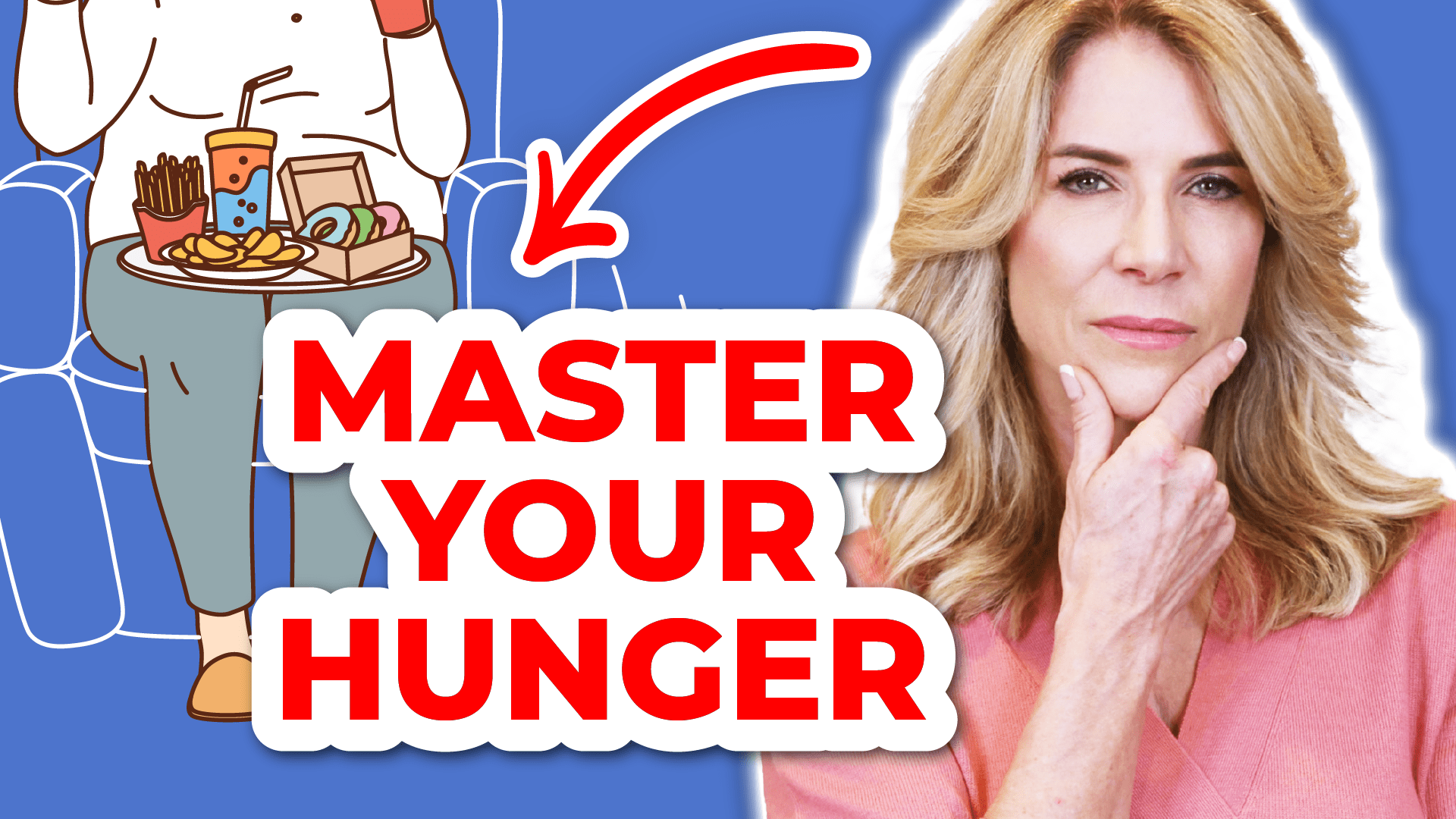
 Subscribe to our show
Subscribe to our show 